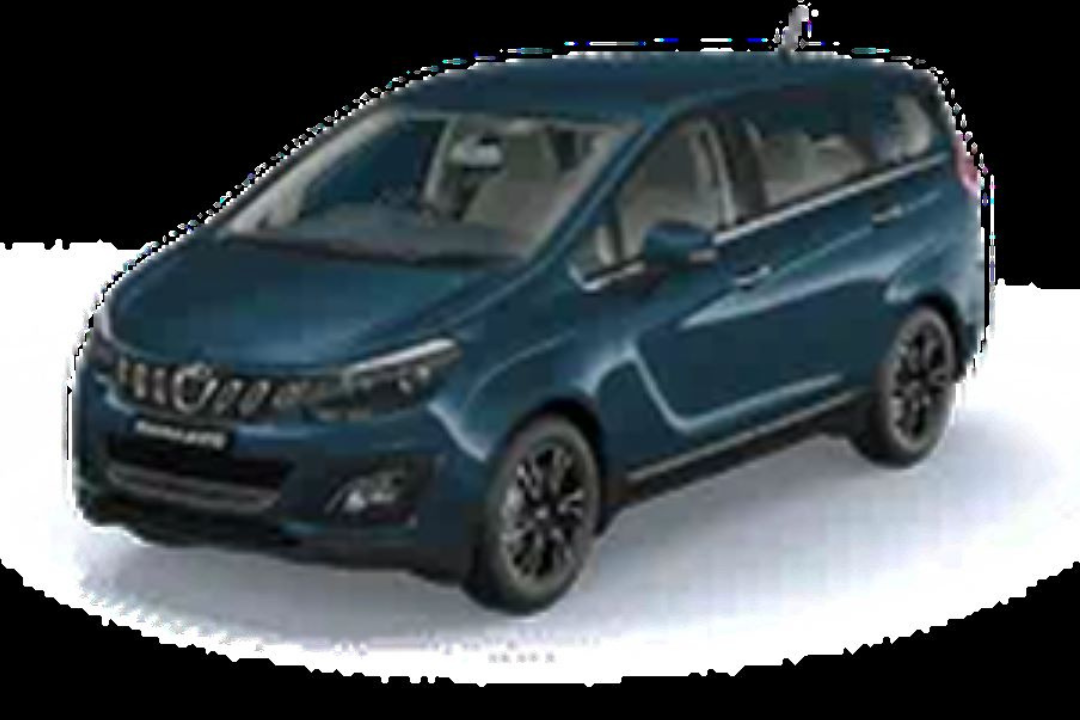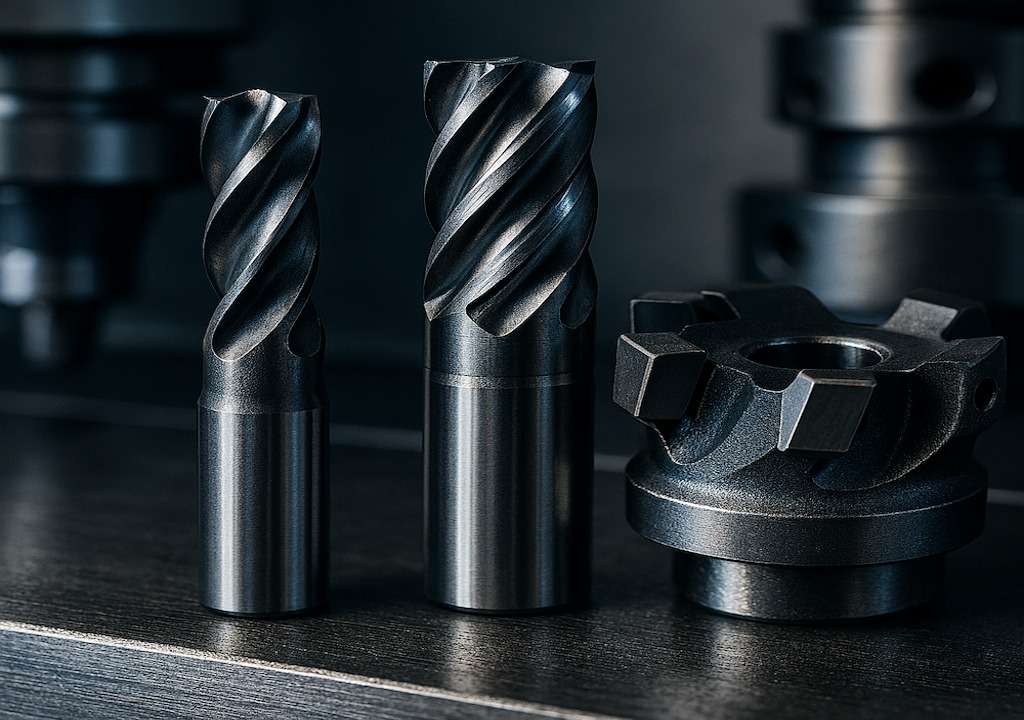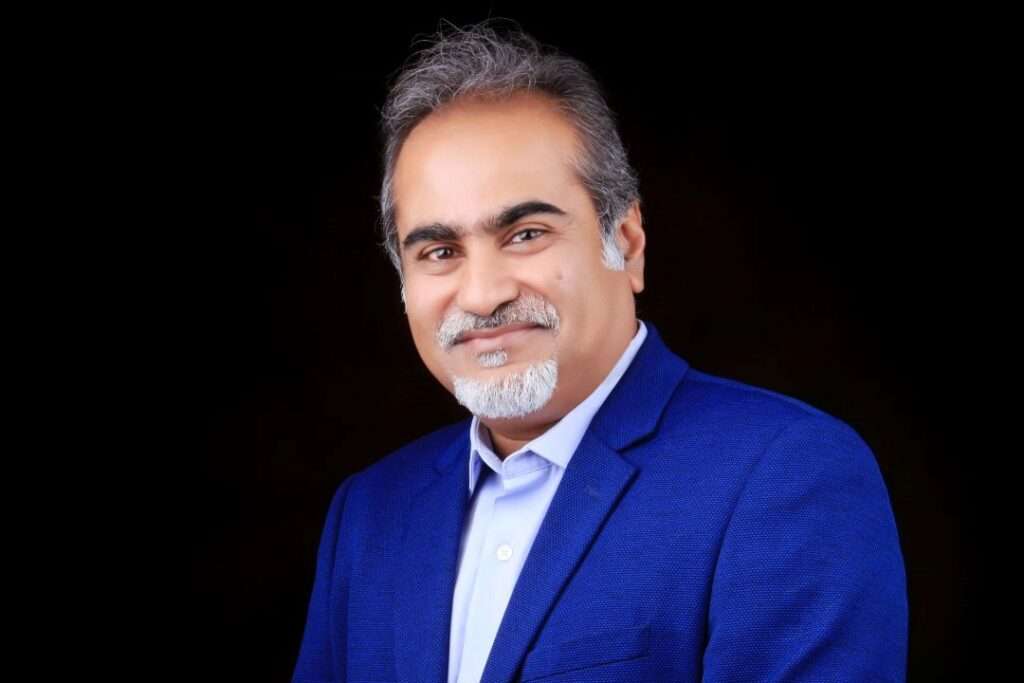Mahindra & Mahindra Ltd announced on Monday that British International Investment Plc (BII) will invest Rs 650 crore in its electric vehicle (EV) arm, Mahindra Electric Automobile Ltd (MEAL), in the final tranche. This investment is lower than the initially planned Rs 725 crore. Earlier this year, both Mahindra and BII had agreed to extend the timeline for the final tranche and assess the funding requirements by the end of 2024.
Following a joint evaluation of MEAL’s financial needs, it was decided that the final investment would amount to Rs 650 crore, which is to be completed by March 31, 2025. With this adjustment, BII’s total investment in MEAL will reach Rs 1,850 crore, giving it a shareholding of 2.64% to 4.58% in the company on a fully diluted basis.
In November, Mahindra & Mahindra launched two electric SUVs, the BE 6 and XEV 9e, with deliveries scheduled to begin in early 2025. The company has committed Rs 4,500 crore to develop these new electric models, as part of a larger Rs 16,000 crore investment in the EV sector for the period 2022-2027. Additionally, Mahindra is setting up a production capacity of 90,000 units per year at its Chakan plant for these new electric vehicles.
Mahindra Electric Automobile Ltd (MEAL) is a pioneering company in India’s electric vehicle (EV) sector, focused on developing and manufacturing innovative electric mobility solutions. As part of the Mahindra Group, MEAL plays a vital role in advancing the company’s vision of sustainable and clean transportation. The company is known for producing electric cars, buses, and three-wheelers, with a strong emphasis on affordability, performance, and environmental responsibility.
MEAL has made significant strides with its “Born Electric” vehicle lineup, which includes the BE 6 and XEV 9e SUVs. These models represent Mahindra’s commitment to creating next-generation electric vehicles that offer advanced features, zero-emissions driving, and long-range capabilities. MEAL’s strategy includes a significant focus on expanding production capacity, advancing battery technology, and supporting the broader EV ecosystem in India, aligning with the country’s sustainability and energy transition goals.








